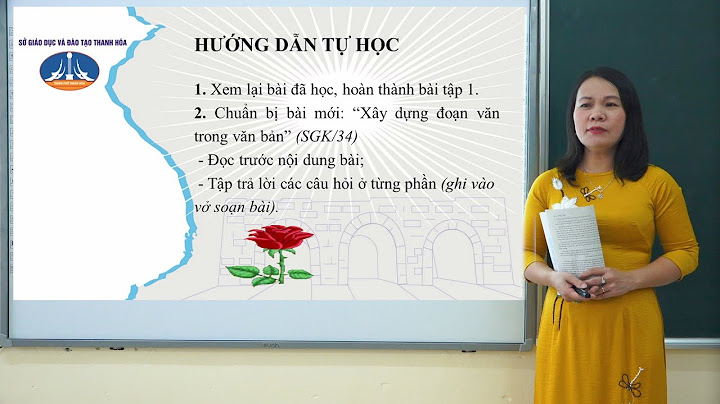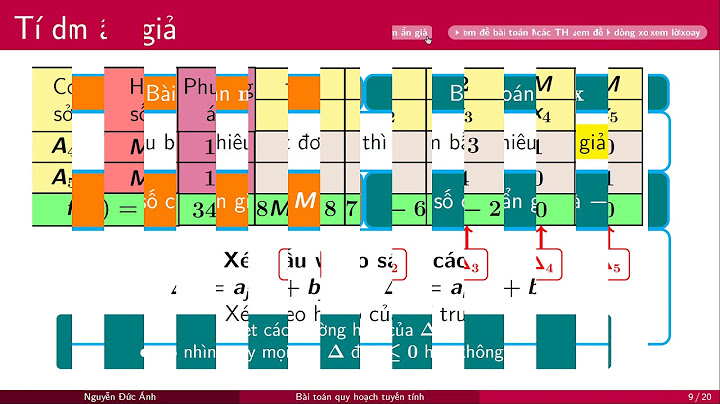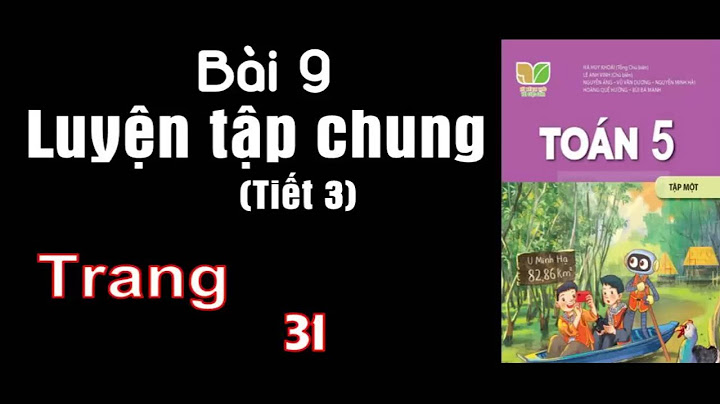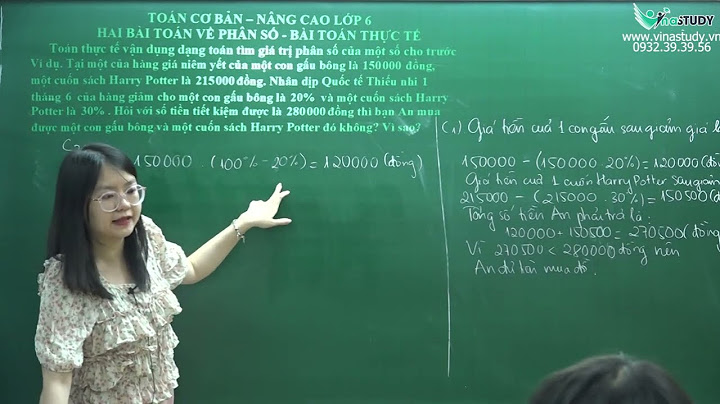- Bài nghe gồm 3 phần, mỗi phần được nghe 2 lần, mỗi lần cách nhau khoảng 5 giây, mở đầu và kết thúc mỗi phần nghe có tín hiệu. - Mọi hướng dẫn cho thí sinh (bằng Tiếng Anh) đã có trong bài nghe. Part 1. You will hear people talking in eight different situations. For questions 1-8, choose the best answer (A, B or C). (1.0 pt) 1. You hear two friends talking about a hiking trip. What is the man worried about?
2. You hear two students talking about maintaining traditions. They agree that __________.
3. You hear two students talking about a website. What does the girl think about it?
4. You hear a man talking to his friend about the cookery school she runs. What are the friends doing?
5. You hear part of a radio programme about modern zoos. The zoo-keeper says that he __________.
6. You hear a football coach talking to his team about winning and losing. How does he feel?
7. You hear two people talking about a sports event they are organising. What is the purpose of their discussion?
8. You hear two friends discussing a newspaper article about physics. What surprised the man about it?
Part 2. For questions 9-15, listen and complete the sentences. Write ONE WORD ONLY for each answer. (0.875 pt) The Eucalyptus Tree in Australia Importance ● it provides (9) __________ and food for a wide range of species ● its leaves provide (10) __________ which is used to make a disinfectant Reasons for present decline in number
(i) ‘Mundulla Yellows’ ● Cause - lime used for making (11) __________ was absorbed - trees were unable to take in necessary iron through their roots (ii) ‘Bell-miner Associated Die-back’ ● Cause - (12) __________ feed on eucalyptus leaves - they secrete a substance containing sugar - bell-miner birds are attracted by this and keep away other species
William Jackson’s theory: ● high-frequency bushfires have impact on vegetation, resulting in the growth of (13) __________ ● mid-frequency bushfires result in the growth of eucalyptus forests, because they: - make more (14) __________ available to the trees - maintain the quality of the (15) __________ Part 3. For questions 16-20, you will hear a conversation between a teenage boy, Jack, and his mother about accommodation for Jack at university. Choose True (T) or False (F) for each question. (0.625 pt) 16. Jack has to make a decision about accommodation soon. 17. Jack and his mother agree that he should share a house with friends. 18. Jack wants to cook for himself. 19. Jack’s mother thinks that sharing a house will cost a lot. 20. Jack thinks he will have less space in a shared house. -- THIS IS THE END OF LISTENING SECTION -- SECTION 2: USE OF ENGLISH (2.5 points) Part 1. Choose the correct answer (A, B, C or D) in each sentence. (1.0 pt) 21. Choose the word whose underlined part is pronounced differently from that of the others.
22. Choose the word whose main stress pattern is placed differently from the others.
23. Choose the word(s) CLOSEST in meaning to the underlined word(s) in each of the following questions. One drawback of using the internet in learning is that students can gain access to inappropriate content, which distracts them from their projects and assignments.
24. Choose the word(s) OPPOSITE in meaning to the underlined word(s) in each of the following questions. We are now a 24/7 society where shops and services must be available all hours.
25. William is asking Dr. Keith to spend some minutes helping him with his project. - William: “Do you have a minute, Dr. Keith?” - Dr. Keith: “__________”
26. People __________ actions to stop the blaze spreading. However, they didn’t do that.
27. Kids have to walk fast if they want to __________ their parents on a stroll through the park.
28. We would rather Helen __________ us all the information we needed. We should have been well informed.
Part 2. Read the text below and write only ONE word which best fits each gap. (0.75 pt) The 33rd session of its International Coordinating Council of the Man and the Biosphere Programme (MAB-ICC) was (29) __________ in Abuja, Nigeria from September 13 - 17, during which a total of 20 new sites were designated as global biosphere reserves. The 106.6-ha Nui Chua Biosphere Reserve encompasses the terrestrial and marine areas of Ninh Thuan and is (30) __________ at the end of the Truong Son Mountain Range where the climate is harsh with sunny, hot and arid weather and minimal (31) __________. The biosphere reserve is a representative area in (32) __________ of biodiversity with a rich and diverse mosaic of ecosystems characteristic of the south-central region of Viet Nam, including unique semi-arid vegetation, sea turtle nesting beaches and coral reefs. A total of 447,162 people live in the site including the main (33) __________ groups of Kinh, Cham, Raglai, Hoa, Tay, Nung and Muong, all of (34) __________ have diverse cultures, artistic, religious and architectural traditions as well as numerous rituals and large festivals. (Adapted from https://en.baoquocte.vn/) Part 3. Use the correct form of the word given to complete each sentence. (0.75 pt) 35. Phong is a __________ person. If he says he will do something, you know that he will. (DEPEND) 36. __________ are calling for additional measures with a focus on more effective management of the habitat. (CONSERVE) 37. Gentle massage will __________ your skin. (VITAL) 38. The government cannot be __________ to public opinion. (DIFFER) 39. The famous singer retired in 2019, but now he’s making a __________ by releasing a new CD. (COME) 40. Good __________ is a partly about getting on well with the customers. (SALE) SECTION 3: READING (2.5 points) Part 1: Read the following passage and choose the correct answers to each of the following questions. (1.0 pt) The True Cost of Food
(Adapted from IELTS 7) Questions 41-44: This passage has seven paragraphs, A-G. Which paragraph contains the following information? Write the correct letter, A-G, in boxes 41-44 on your answer sheet. NB You may use any letter more than once. 41. a cost involved in purifying domestic water 42. the stages in the development of the farming industry 43. the term used to describe hidden costs 44. one effect of chemicals on water sources Questions 45-48 Do the following statements agree with the claims of the writer in Reading Passage 2? In boxes 45-48 on your answer sheet, write YES if the statement agrees with the claims of the writer NO if the statement contradicts the claims of the writer NOT GIVEN if it is impossible to say what the writer thinks about this 45. Several species of wildlife in the British countryside are declining. 46. The taste of food has deteriorated in recent years. 47. The financial costs of environmental damage are widely recognised. 48. One of the costs calculated by Professor Pretty was illness caused by food. Part 2: Read and Match (0.625 pt) The people below all want to go to a skiing holiday centre. On the opposite page there are descriptions of eight skiing holiday centres. Decide which skiing holiday centre would be the most suitable for the following people. For questions 49-53, mark the correct letter (A-H) on your answer sheet. http://baseold.anichkov.ru/files/departments/olympiad/vseros/english/2018/11/26/7-8_-tasks_final.pdf 49. Tomoko hasn’t skied before and wants inexpensive lessons from a teacher who speaks Japanese and English. She’d like to stay somewhere where she doesn’t have to cook for herself. 50. Alex and Helen are going skiing for the second time and would like a centre with easy skiing and interesting places to visit. They want to fly there and rent skis cheaply on arrival. 51. Matt and Martin are looking for some exciting skiing. They don’t want to be with beginners or worry that there might not be enough snow. They like eating out in the evenings. 52. Isabel and her 14-year-old son, Juan, are expert skiers but her husband is a beginner. Juan would like to try other winter sports like snowboarding. They’ll travel to the holiday centre by train. 53. Chris and his wife Jo are not keen skiers. They want to be able to relax in the sun and admire the beautiful scenery while their sons of 10 and 12 have skiing lessons. SKIING HOLIDAY CENTRES
The ski and snowboard runs here are high in the mountains so you can be sure of lots of good snow, but they are extremely challenging and only for the expert. Skiers can relax after dark in a number of small bars and restaurants. The airport is a two-hour bus ride away.
This centre is family-friendly with lots of sporting activities for children, but there isn’t much to interest advanced skiers. Although there’s seldom a lack of snow on Mount Brock, it can be cloudy so that the scenery is hidden. Access is by road.
Come to this beautiful spot if you’re new to the sport. Try out easy ski runs under the instruction of qualified teachers - their services are reasonably priced and many speak several languages including English. Classes are for adults only. Guesthouses provide accommodation with breakfast and evening meals. The centre is reached by train.
There’s skiing in this area for skiers of all abilities, with special classes for children, but snowboarders aren’t welcome. Accommodation is in comfortable holiday apartments with balconies, where non-skiers can enjoy the fine weather surrounded by wonderful mountain views. There’s a good bus service from the centre to the nearest train station.
This centre is a favourite with skilful young skiers who have limited money. Accommodation is reasonably priced and there’s a variety of evening entertainment. However, it’s hard to find a good instructor and you can’t be certain of the snowfall. Cheap flights go to the local airport.
This area has much to offer, both to skiers with little or no experience and to those wanting challenging and exciting skiing. Ski instructors speak French and German. Some slopes are reserved for snowboarders. There’s lively nightlife but the weather can be unreliable. Access to the area is by rail.
There’s good open skiing here, without too many twists and turns, making it suitable for intermediate skiers. Equipment hire is expensive. Accommodation is of a high standard and there are excellent restaurants, but prices are high. The airport isn’t far away.
This historic mountain town has much for visitors to see. The slopes don’t attract expert skiers, but are suitable for those wishing to improve their basic skills. English-speaking instructors charge a lot, but hiring equipment is very reasonable. This centre isn’t recommended for children. The airport is nearby. Part 3: Read the following passage and mark the letter A, B, C, or D to indicate the best option for cach of the blanks. (0.875 pt) THE EIGHTH WONDER OF THE WORLD The Thames Barrier is a (54) __________ part of the flood defence scheme for protecting London (55) __________ rising water levels. The defenses also include raised river embankments and additional flood gates at strategic points, including the Barking Barrier. The unique structure that is the Barrier spans the 520-metre wide Woolwich reach and consists of 10 separate movable gates, each pivoting and supported between concrete structures which house the operating machinery. When raised, the four main gates (56) __________stands as high as a five-storey building and as wide as the opening of Tower Bridge. Each (57) __________ 3700 tonnes. During the first twelve years of (58) __________, the Barrier has been closed twenty nine times to protect London. (59) __________ the Barrier from the comfortable cafeteria, picnic on the riverside embankment, enjoy beautiful views from the riverside walk, visit the shop which stocks a large selection of souvenirs, books and Barrier information. There is a children’s play area suitable for 4-to 12-year-olds, located adjacent to the riverside walk. A visit to the spectacular Thames Barrier is a (60) __________ experience. (Adapted from Successful FCE by Cambridge University Press) 54. A. major B. frequent C. similar D. various 55. A. against B. for C. between D. with 56. A. which B. every C. Ø D. each 57. A. measures B. costs C. calculates D. weighs 58. A. operation B. surgery C. vocation D. profession 59. A. Sight B. View C. Hear D. Explore 60. A. forgettable B. memorable C. neglectful D. memorised SECTION 4: WRITING (2.5 points) Part 1. For questions 61-66, rewrite the sentences using the words in bold type. Do not change the forms of these words. Use between THREE and FIVE words. Do not change the meaning of the original sentence. (0.75 pt) 61. They are proud of their achievements. (TAKE) They _____________________________________________________________________ their achievements. 62. Please excuse Jane’s poor typing; she’s only been learning for a month. (ALLOWANCE) Please _______________________________________ Jane’s poor typing; she’s only been learning for a month. 63. You didn’t think carefully enough before you decided. (OUGHT) You ________________________________________________________ carefully enough before you decided. 64. Alison bought the big house because she wanted to open a hotel. (VIEW) Alison bought a big house ______________________________________________________________ a hotel. 65. People often think that Peter is his twin brother. (MIX) People often __________________________________________________________________ his twin brother. 66. I never forget to consider her ideas before making the final decision. (ACCOUNT) I never forget to __________________________________________________ before making the final decision. Part 2. For questions 67-72, write the second sentence so that it has a similar meaning to the first. (0.75 pt) 67. The fifth time Lan asked Diep to marry him, she accepted. Only on Lan’s _____________________________________________________________________________. 68. It is extremely difficult for workers and farmers to make ends meet these days. Workers and farmers find ____________________________________________________________________. 69. We would prefer you to behave in a polite way. We would rather ___________________________________________________________________________. 70. Although it rained torrentially all day, we enjoyed the voyage. Torrentially _______________________________________________________________________________. 71. I am not friendly with him, in fact, I hardly even know him. Far from _________________________________________________________________________________. 72. He doesn’t think very highly of politicians. He’s got __________________________________________________________________________________. Part 3. Write a paragraph of about 130-150 words to introduce some prominent features of Ninh Thuan province and its people to tourists. (1.0 pt) DO NOT mention your name, your teachers’ name, your school’s name or your hometown’s name in your writing. |





















